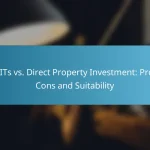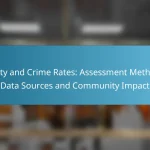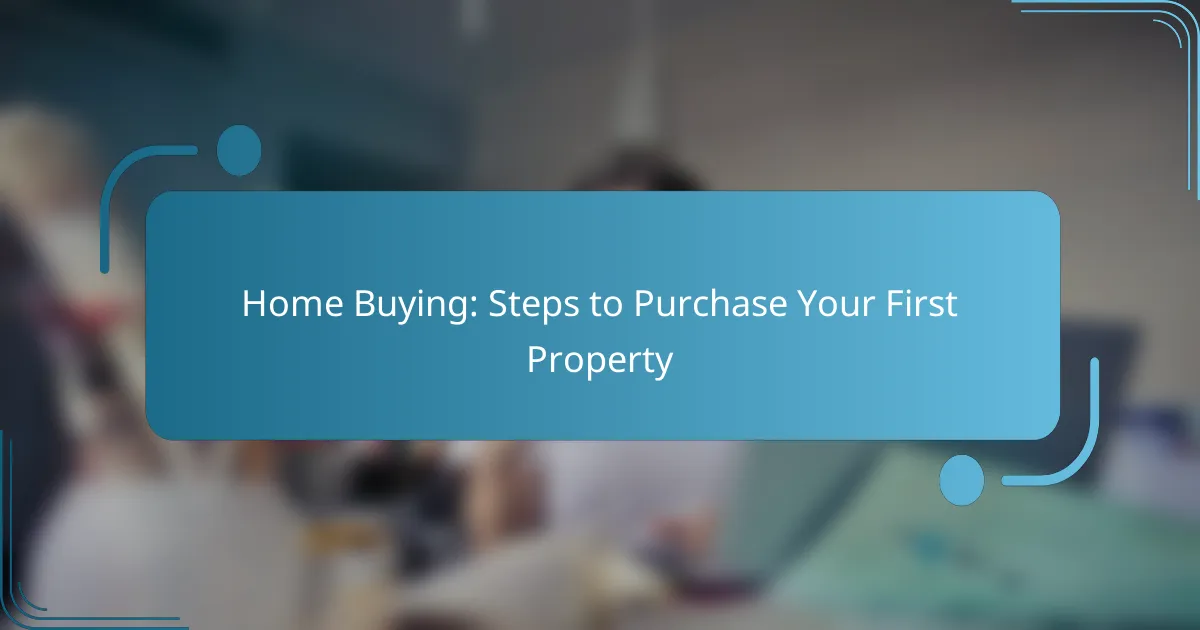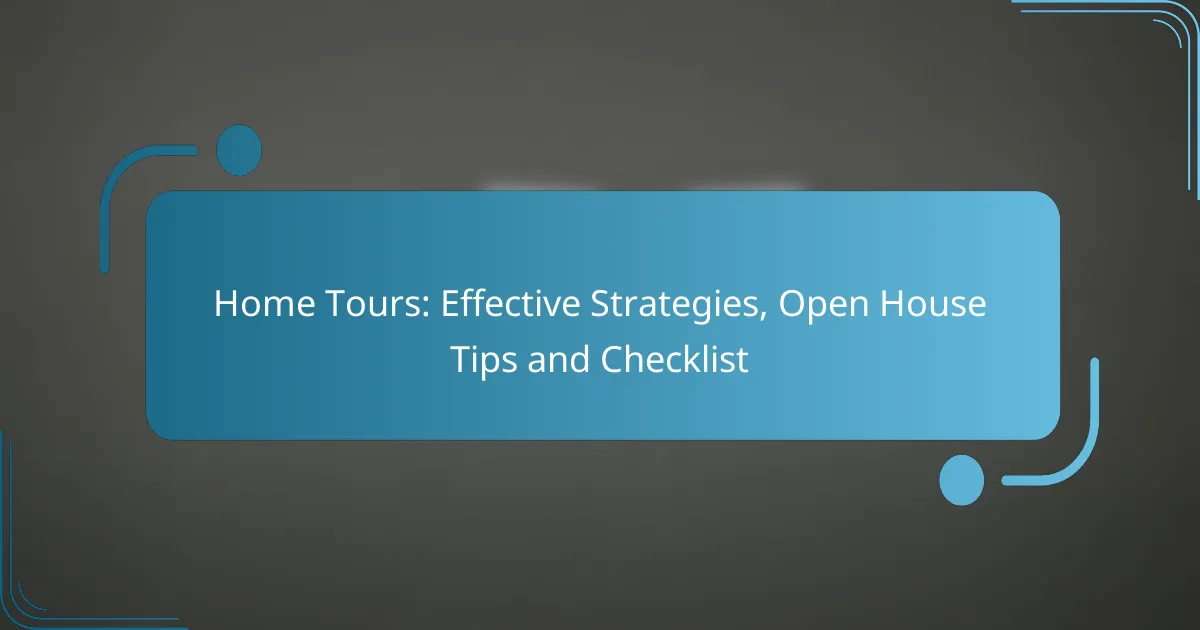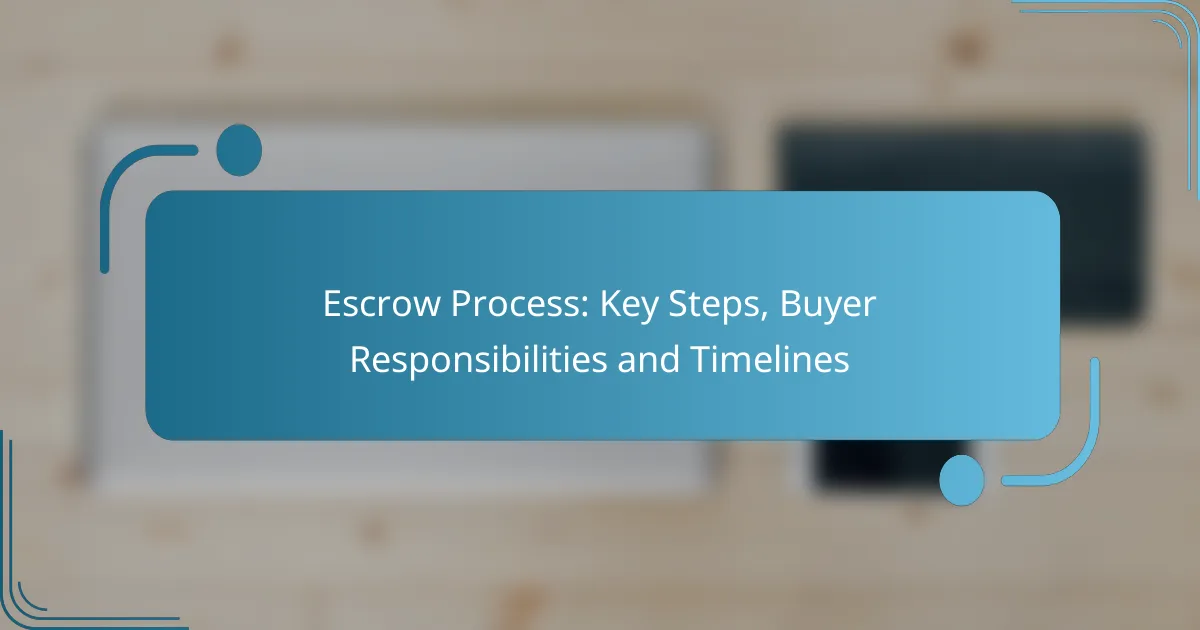Buying your first home in the US can be an exciting yet complex journey, requiring careful planning and informed decision-making. By understanding the essential steps involved—from budgeting to closing the sale—you can navigate the process with confidence and avoid common pitfalls that many first-time buyers face.

What are the steps to buy your first home in the US?
Buying your first home in the US involves several key steps that guide you from budgeting to closing the sale. Understanding these steps can help streamline the process and ensure you make informed decisions.
Determine your budget
Establishing a budget is crucial before you begin your home search. Consider your income, savings, and monthly expenses to determine how much you can afford for a down payment and monthly mortgage payments.
A common guideline is to aim for a home price that is no more than three times your annual income. Additionally, factor in costs like property taxes, insurance, and maintenance when calculating your budget.
Get pre-approved for a mortgage
Getting pre-approved for a mortgage helps you understand how much a lender is willing to loan you. This process involves submitting financial documents to a lender, who will evaluate your creditworthiness and provide a pre-approval letter.
Having a pre-approval letter not only clarifies your budget but also strengthens your position when making an offer, as sellers often prefer buyers who are pre-approved.
Find a real estate agent
A knowledgeable real estate agent can be invaluable in your home-buying journey. Look for an agent who has experience with first-time buyers and is familiar with your desired location.
Ask for recommendations, read reviews, and interview potential agents to find someone who understands your needs and can guide you through the process effectively.
Search for properties
Once you have your budget and agent, start searching for properties that meet your criteria. Use online listings, attend open houses, and leverage your agent’s resources to find suitable homes.
Make a checklist of must-have features and preferences to help narrow down your options. Be prepared to visit multiple properties before finding the right one.
Make an offer
When you find a property you like, work with your agent to craft a competitive offer. Consider factors such as the home’s market value, the seller’s situation, and any contingencies you may want to include.
Be ready to negotiate; the seller may counter your offer, and it’s essential to remain flexible while staying within your budget.
Complete home inspections
After your offer is accepted, schedule a home inspection to identify any potential issues with the property. A professional inspector will evaluate the home’s condition, including its structure, systems, and safety features.
If significant problems are discovered, you may negotiate repairs or reconsider your purchase decision based on the inspection results.
Close the sale
Closing is the final step in the home-buying process, where you finalize the purchase and take ownership of the property. This involves signing various documents, paying closing costs, and transferring funds.
Be prepared for closing costs, which can range from 2% to 5% of the home’s purchase price. Review all documents carefully and ensure you understand the terms before signing.
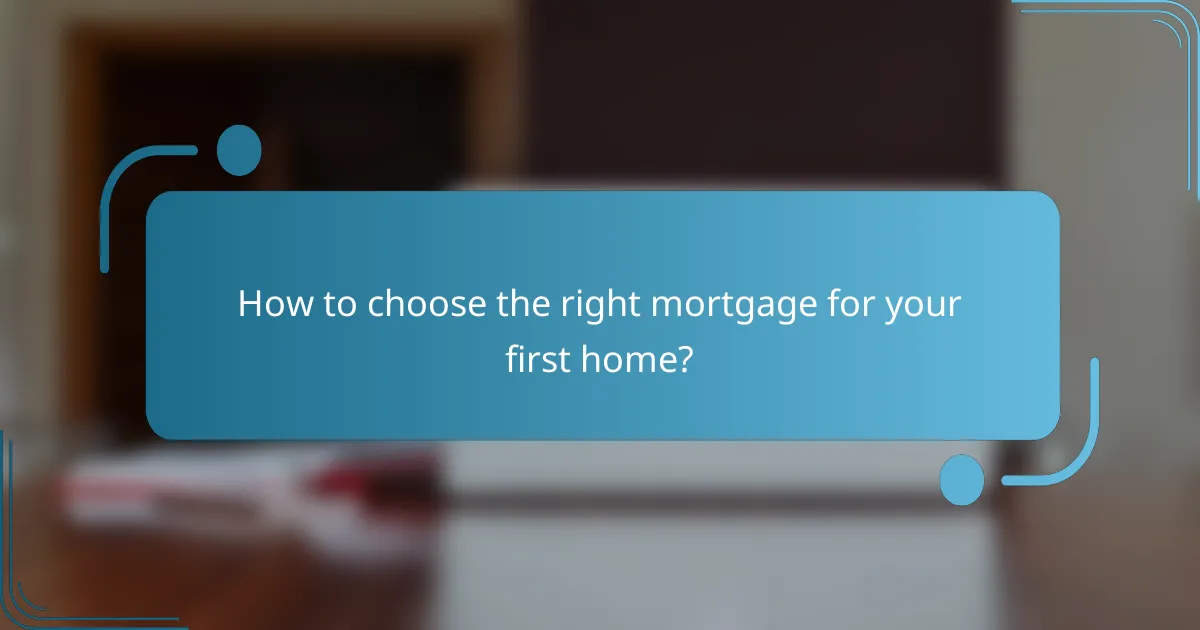
How to choose the right mortgage for your first home?
Choosing the right mortgage for your first home involves understanding the different types available and how they align with your financial situation. Key factors include interest rates, loan terms, and your long-term plans, which can significantly impact your monthly payments and overall cost.
Fixed-rate mortgage options
Fixed-rate mortgages offer a consistent interest rate throughout the life of the loan, typically ranging from 15 to 30 years. This stability allows for predictable monthly payments, making budgeting easier for first-time buyers. Consider this option if you plan to stay in your home long-term and prefer the security of fixed payments.
When evaluating fixed-rate mortgages, compare different lenders to find competitive interest rates. A lower rate can save you thousands over the life of the loan. Additionally, be aware of any associated fees, such as origination or closing costs, which can affect your overall expenses.
Adjustable-rate mortgage options
Adjustable-rate mortgages (ARMs) have interest rates that can fluctuate after an initial fixed period, often ranging from 5 to 10 years. This can result in lower initial payments compared to fixed-rate mortgages, making them appealing for buyers who plan to move or refinance before the rate adjusts.
However, ARMs carry the risk of increasing payments after the fixed period ends. It’s crucial to understand the terms, including how often the rate adjusts and the maximum potential increase. Calculate your potential future payments to ensure they fit within your budget.
Government-backed loans
Government-backed loans, such as FHA, VA, and USDA loans, provide options for first-time homebuyers with lower down payment requirements and more flexible credit criteria. FHA loans, for example, allow down payments as low as 3.5%, making homeownership more accessible.
VA loans are available to eligible veterans and active-duty service members, often requiring no down payment and no private mortgage insurance (PMI). USDA loans cater to rural homebuyers, offering similar benefits. Research these options to determine if you qualify, as they can significantly reduce your upfront costs and monthly payments.
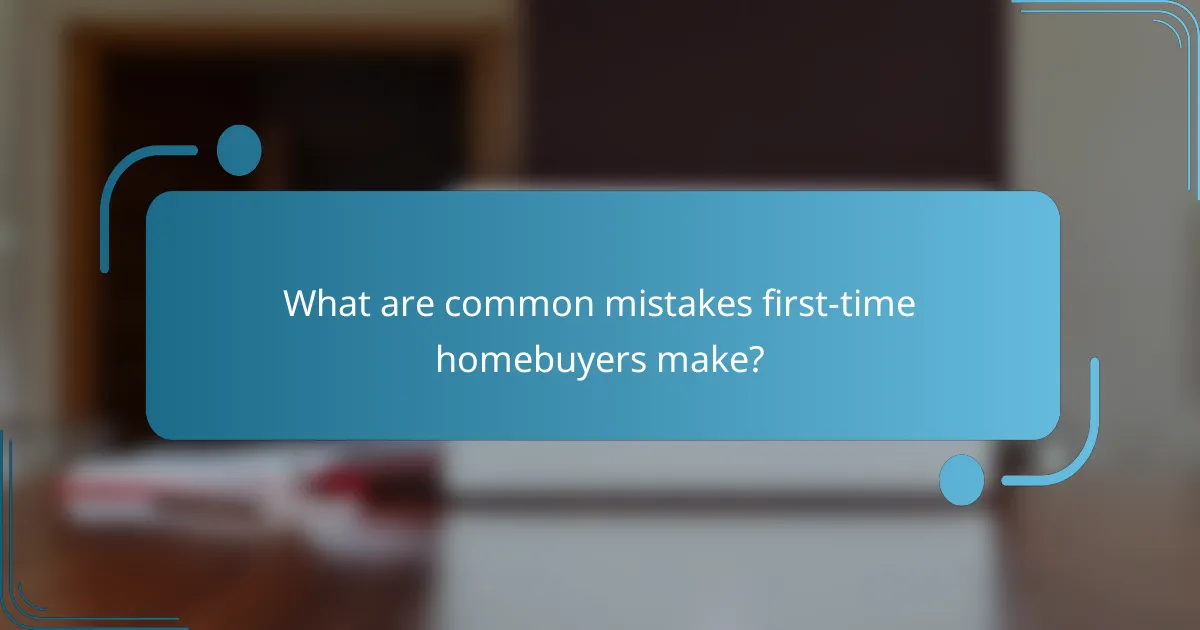
What are common mistakes first-time homebuyers make?
First-time homebuyers often make several common mistakes that can lead to financial strain and regret. Being aware of these pitfalls can help ensure a smoother purchasing process and a more satisfying homeownership experience.
Skipping the budget assessment
Many first-time buyers overlook the importance of a thorough budget assessment before starting their home search. Establishing a clear budget helps determine how much you can afford, including the price range for homes and monthly mortgage payments.
Consider all expenses, including property taxes, insurance, and maintenance costs, when calculating your budget. A good rule of thumb is to keep your housing costs below 30% of your gross monthly income to maintain financial stability.
Neglecting to research neighborhoods
Failing to research neighborhoods can lead to dissatisfaction with your new home. Each area has its unique characteristics, amenities, and community vibe that can significantly impact your living experience.
Visit potential neighborhoods at different times of the day and week to get a feel for traffic, noise levels, and community activities. Look into local schools, public transport options, and nearby amenities to ensure the area meets your lifestyle needs.
Overlooking additional costs
First-time homebuyers often focus solely on the purchase price and overlook additional costs associated with buying a home. These can include closing costs, inspection fees, and moving expenses, which can add up to a significant amount.
Prepare for these expenses by setting aside an additional 2-5% of the home’s purchase price for closing costs and other fees. Understanding these financial commitments will help you avoid surprises and ensure you are fully prepared for homeownership.
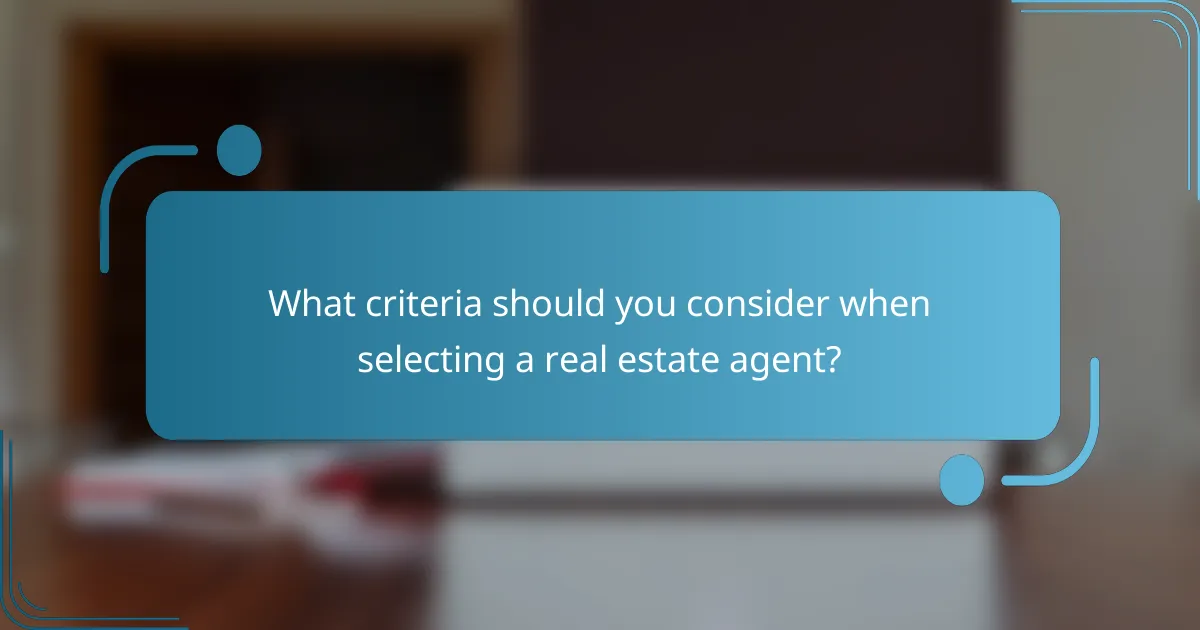
What criteria should you consider when selecting a real estate agent?
When selecting a real estate agent, consider their experience, local market knowledge, and client feedback. These factors can significantly influence the effectiveness of your home buying process.
Experience and local market knowledge
Experience is crucial when choosing a real estate agent, as it often correlates with their ability to navigate complex transactions. Look for agents who have been active in your desired area for several years, as they will have a better understanding of local pricing trends and neighborhood dynamics.
Additionally, an agent with local market knowledge can provide insights on schools, amenities, and future developments that may affect property values. This expertise can help you make informed decisions about which neighborhoods to consider.
Client reviews and testimonials
Client reviews and testimonials are valuable resources when evaluating a real estate agent. Look for agents with consistently positive feedback, particularly regarding their communication skills, responsiveness, and negotiation abilities. Online platforms and social media can be good places to find these reviews.
Consider reaching out to past clients directly to ask about their experiences. This can give you a clearer picture of what to expect and help you avoid agents with a history of unsatisfactory service.


